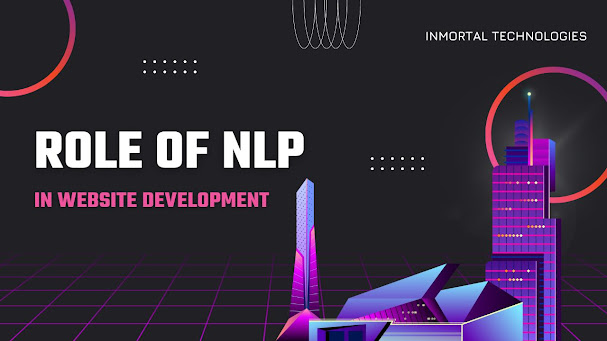How Cloud-Based Mobile Apps Are Transforming Business Processes?
In recent years, cloud computing has become increasingly popular as a way to store and access data over the internet. This technology has now extended to mobile devices in the form of cloud-based mobile apps. These apps offer a host of benefits over traditional mobile apps, including increased scalability, reduced development costs, and improved collaboration. In this blog post, we’ll dive into what cloud-based mobile apps are, how they work, and the benefits they offer.
What Are Cloud-Based Mobile Apps?
A cloud-based mobile application development services is an app that relies on remote servers to store and process data instead of storing data locally on the device. In other words, these apps rely on cloud computing technology to store, manage, and process data.
With cloud-based mobile apps, the user interface and application logic are still located on the user’s mobile device, but the app’s data is stored in the cloud. This means that the app can access and process data from the cloud as needed, which allows for a more seamless user experience.
How Do Cloud-Based Mobile Apps Work?
Cloud-based mobile apps work by relying on cloud computing technology to store and process data. The user interface and application logic are still located on the user’s mobile device, but the app’s data is stored in the cloud.
When a user interacts with a cloud-based mobile app, the app sends a request to the cloud server for the data needed to complete the user’s request. The cloud server then processes the request and sends the data back to the mobile device. This allows the user to interact with the app seamlessly, without any delays or interruptions.
Benefits of Cloud-Based Mobile Apps:-
Cloud-based mobile apps offer a host of benefits over traditional mobile apps, including increased scalability, reduced development costs, and improved collaboration.
Increased Scalability:- One of the biggest benefits of cloud-based mobile apps is their increased scalability. Because the app’s data is stored in the cloud, it can easily scale up or down as needed to accommodate changes in demand.
This means that if an app suddenly experiences a surge in traffic, the app can easily scale up to handle the increased load. Similarly, if the app experiences a decrease in traffic, it can scale down to reduce costs.
Reduced Development Costs:- Another benefit of cloud-based mobile apps is their reduced development costs. Because the app’s data is stored in the cloud, developers don’t need to worry about building and maintaining a complex back-end infrastructure. This can significantly reduce the time and cost required to develop the app.
Improved Collaboration:- Finally, cloud-based mobile apps offer improved collaboration capabilities. Because the app’s data is stored in the cloud, multiple users can access and collaborate on the same data simultaneously. This makes it easy for teams to work together on complex projects and ensures that everyone is working with the most up-to-date information.
Cloud-based mobile apps offer a host of benefits over traditional mobile apps, including increased scalability, reduced development costs, and improved collaboration. As cloud computing technology continues to advance, we can expect to see even more innovative cloud-based mobile apps in the future.
If you’re interested in developing a cloud-based mobile app for your business, be sure to work with an experienced app development team that has a deep understanding of cloud computing technology. With the right team and technology in place, you can develop a cloud-based mobile app that meets the unique needs of your business and delivers a seamless user experience.



Comments
Post a Comment